Elevate Your Career: The Power of HACCP Certification for Better-Paying Jobs
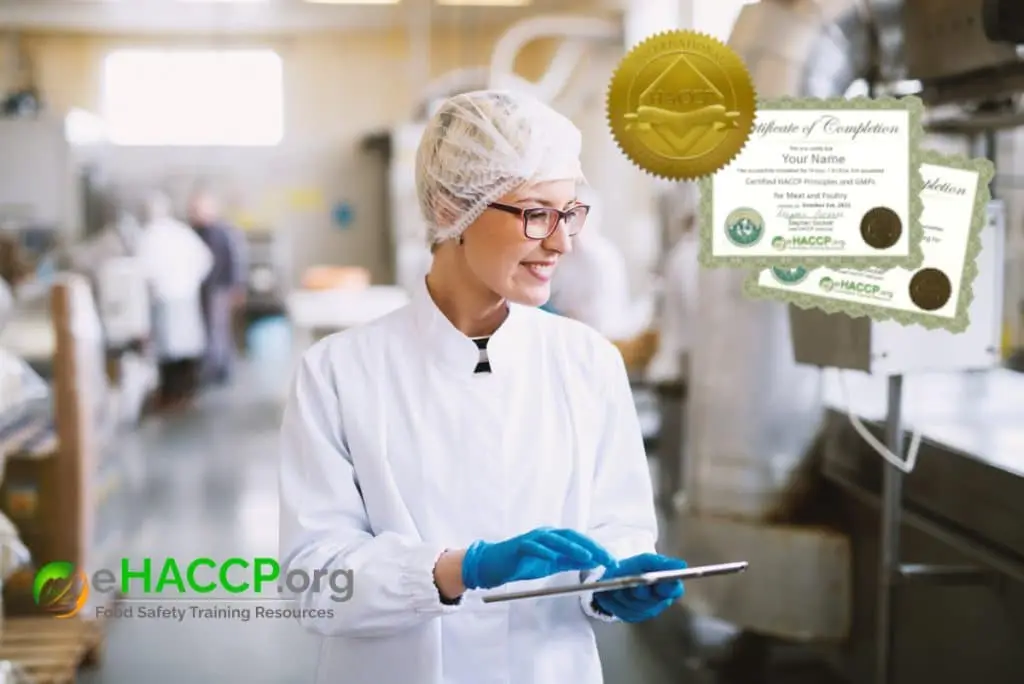
In today’s competitive job market, individuals are constantly seeking ways to stand out and secure better-paying positions. One avenue that holds immense potential is obtaining HACCP certification. HACCP, which stands for Hazard Analysis and Critical Control Points, is a systematic approach to food safety that is recognized and respected worldwide. Let’s explore how getting HACCP […]
Enhancing Seafood Safety through HACCP: Empowering Success with eHACCP.org

In a world where food safety is paramount, the Hazard Analysis and Critical Control Points (HACCP) system has emerged as a groundbreaking method for safeguarding the integrity of the food supply chain. HACCP has revolutionized the seafood industry, ensuring that consumers can enjoy seafood products that are safe, fresh, and of the highest quality. However, […]
The Lifesaving Recipe: HACCP and Longevity

Once upon a time, in a small village nestled between lush green hills, there lived a wise elder named Charles Alfred. Charles Alfred was renowned for his knowledge of ancient wisdom and secrets of longevity. The village was blessed with an abundance of fresh produce and livestock, yet despite this abundance, the villagers’ lifespans were […]
HACCP Training for: Blender Gasket Maintenance
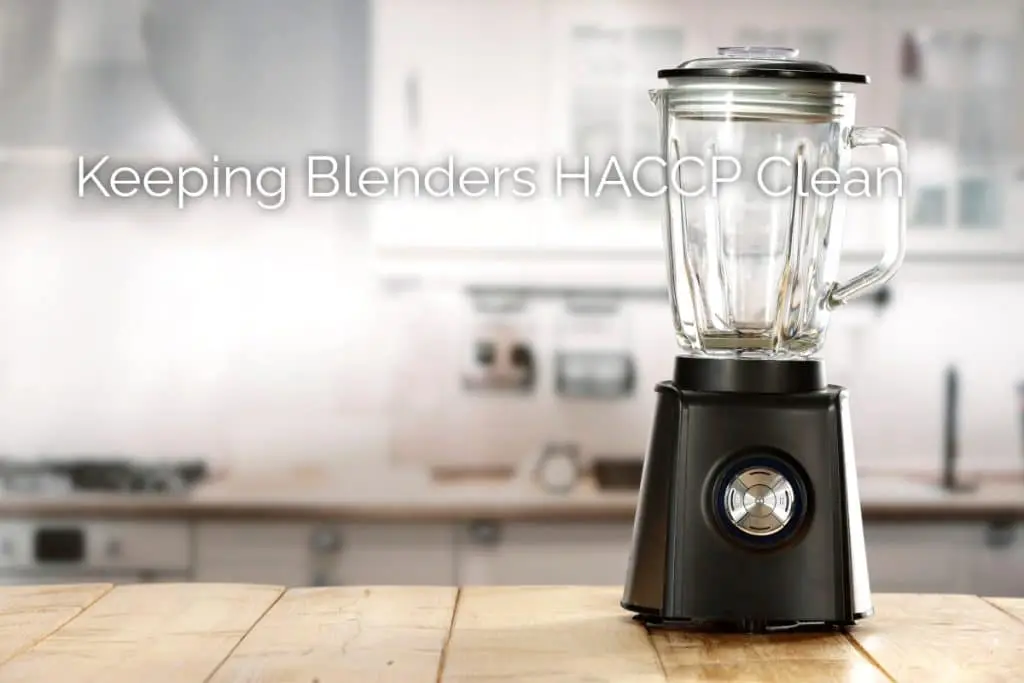
Blender gaskets can potentially pose a risk if not properly cleaned and maintained. While they are not inherently dangerous, neglecting proper cleaning and sanitation of blender gaskets can lead to foodborne threats and compromise kitchen hygiene. Here are a few reasons why blender gaskets can become problematic if not handled correctly: 1. Bacterial growth: Blender […]
Maintaining a Clean and Safe Kitchen: Strategies for Preventing Foodborne Threats
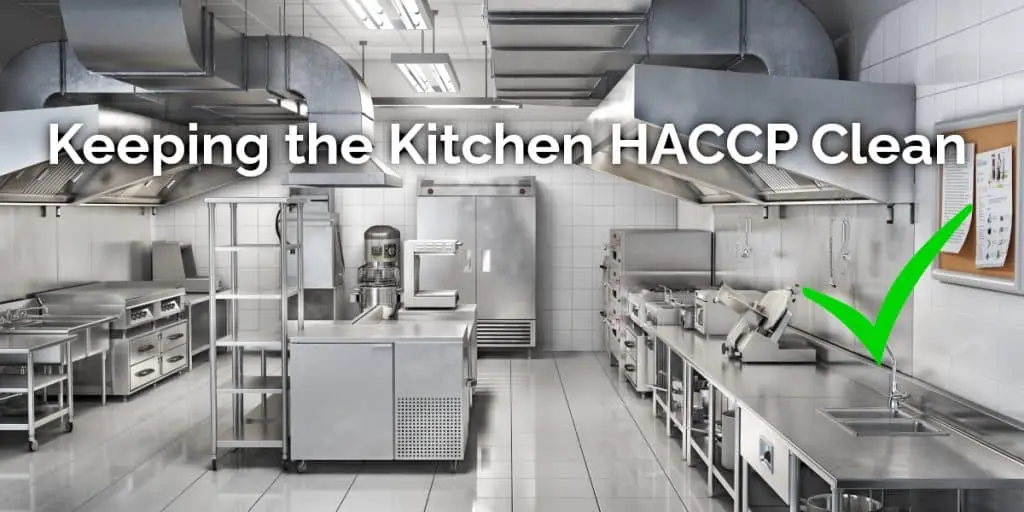
In a kitchen, ensuring cleanliness and safety is essential to prevent the occurrence of foodborne threats that can compromise the health of individuals. Proper cleaning and sanitation practices, along with adherence to personal hygiene standards, are key to maintaining a hygienic environment. In this essay, we will discuss effective methods to keep various kitchen components […]
Empowering Corporate Clients with HACCP Training and Exclusive Coupon Codes

In the realm of food safety and quality assurance, staying up-to-date with Hazard Analysis and Critical Control Points (HACCP) training is crucial. For corporate clients seeking to ensure the competence and knowledge of their employees in HACCP principles, eHACCP.org provides a comprehensive online platform. With the added advantage of exclusive coupon codes offering a 20% […]
There’s More to the FDA and HACCP Than Warning Letters
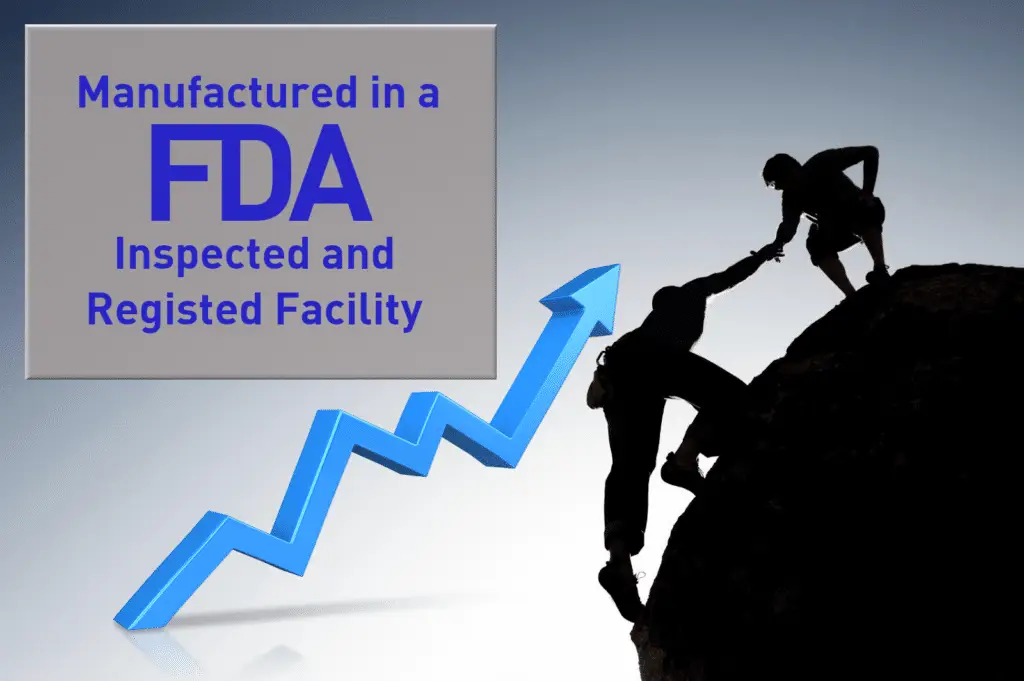
The origins of the FDA (U.S. Food and Drug Administration) can be traced back to the late 19th and early 20th centuries when concerns over the safety and quality of food and drugs began to emerge. Prior to the establishment of the FDA, there were limited regulations in place to ensure the safety and efficacy […]
HACCP is Climate Friendly
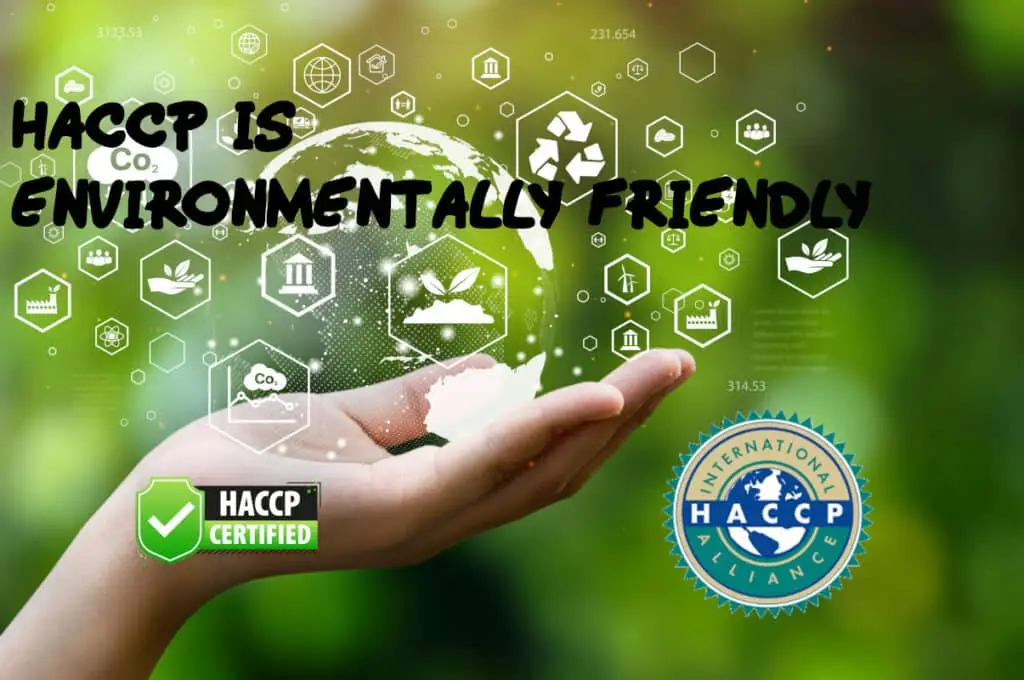
HACCP (Hazard Analysis and Critical Control Points) is a food safety management system that is designed to identify and control potential hazards in food production processes. While HACCP may not directly address climate change, it can play a role in reducing the environmental impact of food production, which is a major contributor to climate change. […]
HACCP and the BRC Scheme
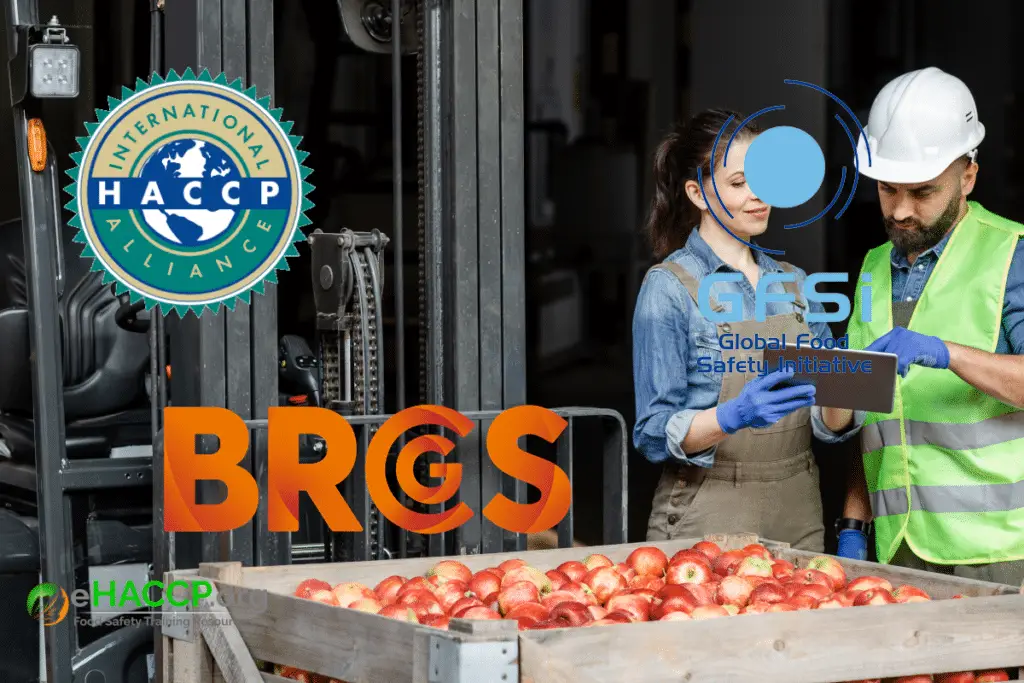
HACCP is a requirement under BRC. Being HAACP certified is a preliminary step that cannot be overlooked. BRC is a Global Food Safety Initiative (GFSI) benchmarked food safety standard covering food safety and management of product quality in food packing and processing operations.
Personal HACCP Certification vs. Facility HACCP Certification
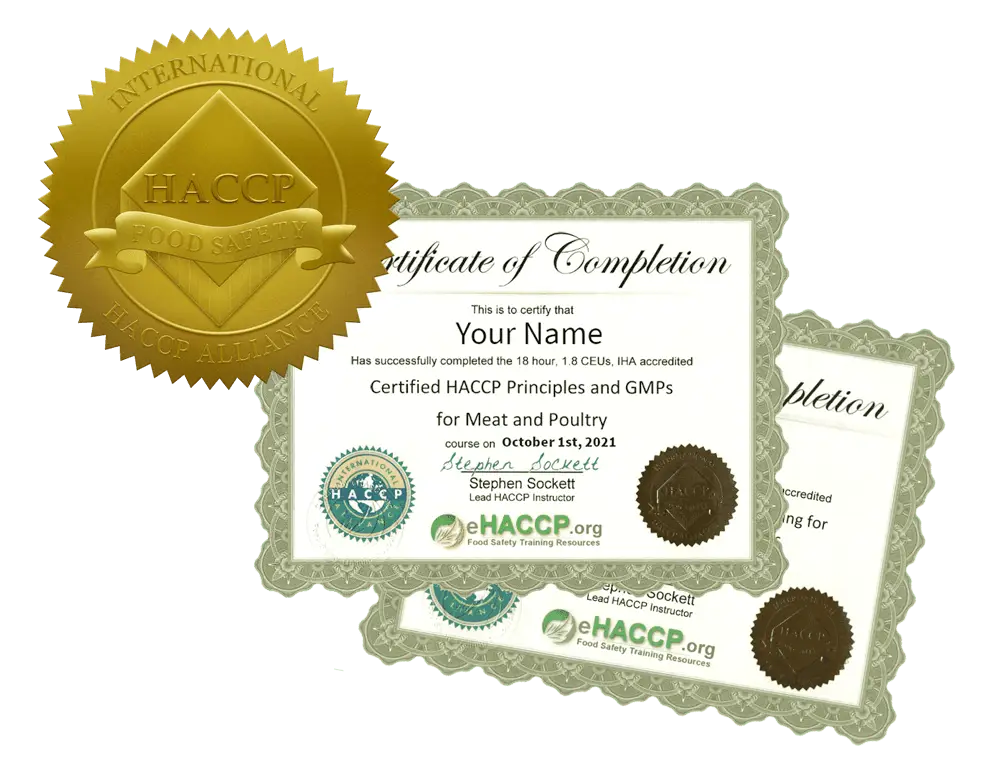
In today’s world of sensitive consumer needs for food safety, it is imperative that a food manufacturing facility (and brand) obtain a HACCP certification, at minimum. Implementing a HACCP food safety system and gaining HACCP certification may the gateway to growth in business opportunities (new clients), demonstrating food safety commitment, and solidifying the viability of […]
